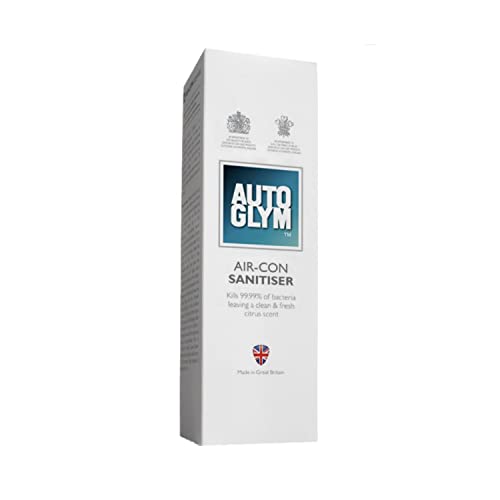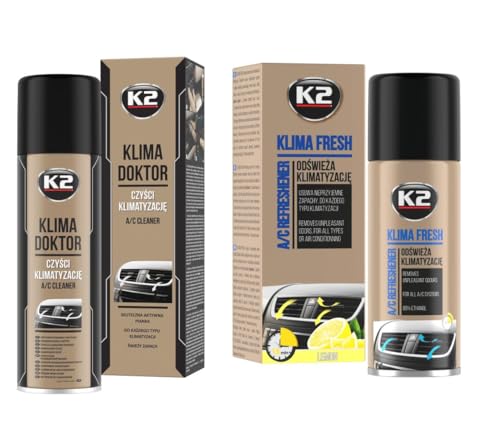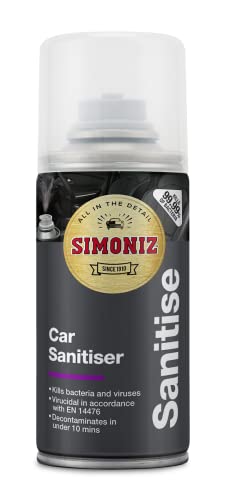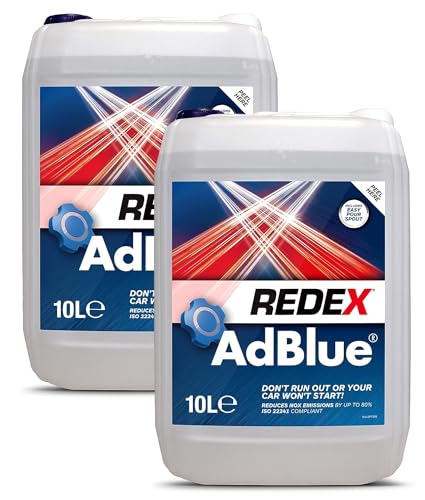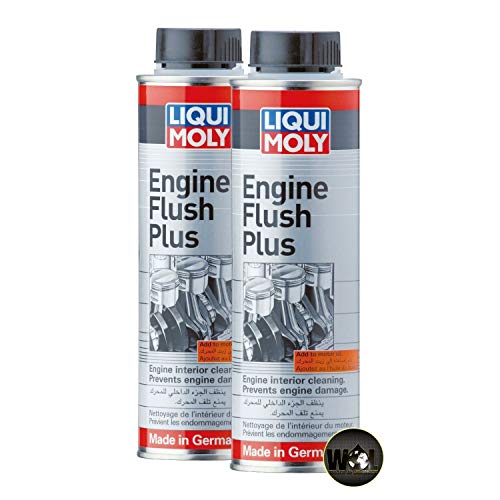Understanding Air Conditioning Cleaners: What Do They Do?
What is an Air Conditioning Cleaner?
Air conditioning cleaners are specially formulated products designed to remove dirt, grime, and other contaminants from your air conditioning system, ensuring that it functions efficiently. They help to maintain optimal airflow and can improve the overall efficiency of your unit. Using these cleaners regularly not only enhances the performance of your AC but also extends its lifespan, providing a healthier indoor environment by keeping air quality in check.
How Do They Work?
Most air conditioning cleaners work by breaking down build-up inside the unit. This build-up can consist of dust, mildew, and other organic materials that accumulate over time. When sprayed or applied to various parts of the system, such as the evaporator coils and drain pans, these cleaners help to dissolve these unwanted substances, allowing them to be flushed away easily. As a result, your system doesn’t have to work as hard, improving efficiency and potentially reducing energy bills.
Key Ingredients to Look For: What Makes a Good Cleaner?
Effective Surfactants
A good air conditioning cleaner often contains surfactants, which are agents that lower the surface tension of liquids. This property allows the cleaner to penetrate dirt and grime effectively, making it easier to wash away. Look for products that list surfactants among their primary ingredients, as these are crucial for deep cleaning your AC system.
Biodegradable Components
Opting for cleaners with biodegradable ingredients is beneficial, as they are less harmful to the environment. These cleaners maintain efficacy while ensuring that they don’t leave behind toxic residues. This is particularly important for indoor air quality, as we want to keep our living spaces safe and healthy.
Disinfectants for Hygiene
Some air conditioning cleaners also include disinfectants that help kill bacteria and mould. This added benefit is particularly valuable during the warmer months when humidity can encourage microbial growth. Choosing a cleaner with disinfecting properties ensures that not only is your AC clean but also that it circulates healthy air throughout your home.
Step-by-Step Guide: How to Use Air Conditioning Cleaner Effectively
Preparation is Key
Before applying the cleaner, disconnect your air conditioning unit from the power supply to ensure safety. Gather your tools, including gloves and a spray bottle for easy application if required. If the cleaner comes in a ready-to-use format, make sure to read the instructions on the label carefully.
Application Process
For best results, apply the cleaner directly to the evaporator coils, following the manufacturer’s instructions on coverage area. Most products recommend letting the cleaner sit for a designated time, which allows it to break down grime effectively. If your unit has a drain pan, do not forget to apply the cleaner there as well to prevent clogs.
Rinsing and Drying
Once the cleaner has set, rinse the coils thoroughly with water to ensure all residues are washed away. It’s crucial to leave the unit dry before reconnecting it to the power supply. This step not only ensures optimal performance but also prevents any potential corrosion from wet surfaces.
Best Practices for Maintenance: Keeping Your AC Running Smoothly
Regular Cleaning Schedule
To keep your air conditioning unit in top condition, we recommend setting up a regular cleaning schedule. Depending on usage, perform cleaning every few months to ensure that dirt and grime do not accumulate significantly. This practice will not only enhance efficiency but also might save you from costly repairs in the long run.
Monitor Your System’s Performance
Pay attention to how your air conditioning unit operates. If you notice reduced airflow or increased energy consumption, it may be time to apply a cleaner or call for professional servicing. Listening to the sounds your AC makes can also be a good indicator of maintenance needs.
Replace Filters Regularly
In conjunction with cleaning, regularly replacing the air filters can dramatically improve your unit’s efficiency. Clogged filters can restrict airflow and place a greater strain on your system. Consider replacing them every 1 to 3 months to ensure the best performance.
Top Recommendations: Our Picks for the Best Air Conditioning Cleaners
Highly Rated and Recommended Products
When choosing an air conditioning cleaner, we suggest selecting products that have solid customer reviews and proven effectiveness. Look for cleaners that are versatile enough for both residential and commercial AC units. Check for ease of use, as products that come in spray form are often more user-friendly. We can highlight products that combine effective cleaning and disinfecting properties for a two-in-one solution, ensuring your air conditioning system is not only clean but also promotes a healthy living environment.

